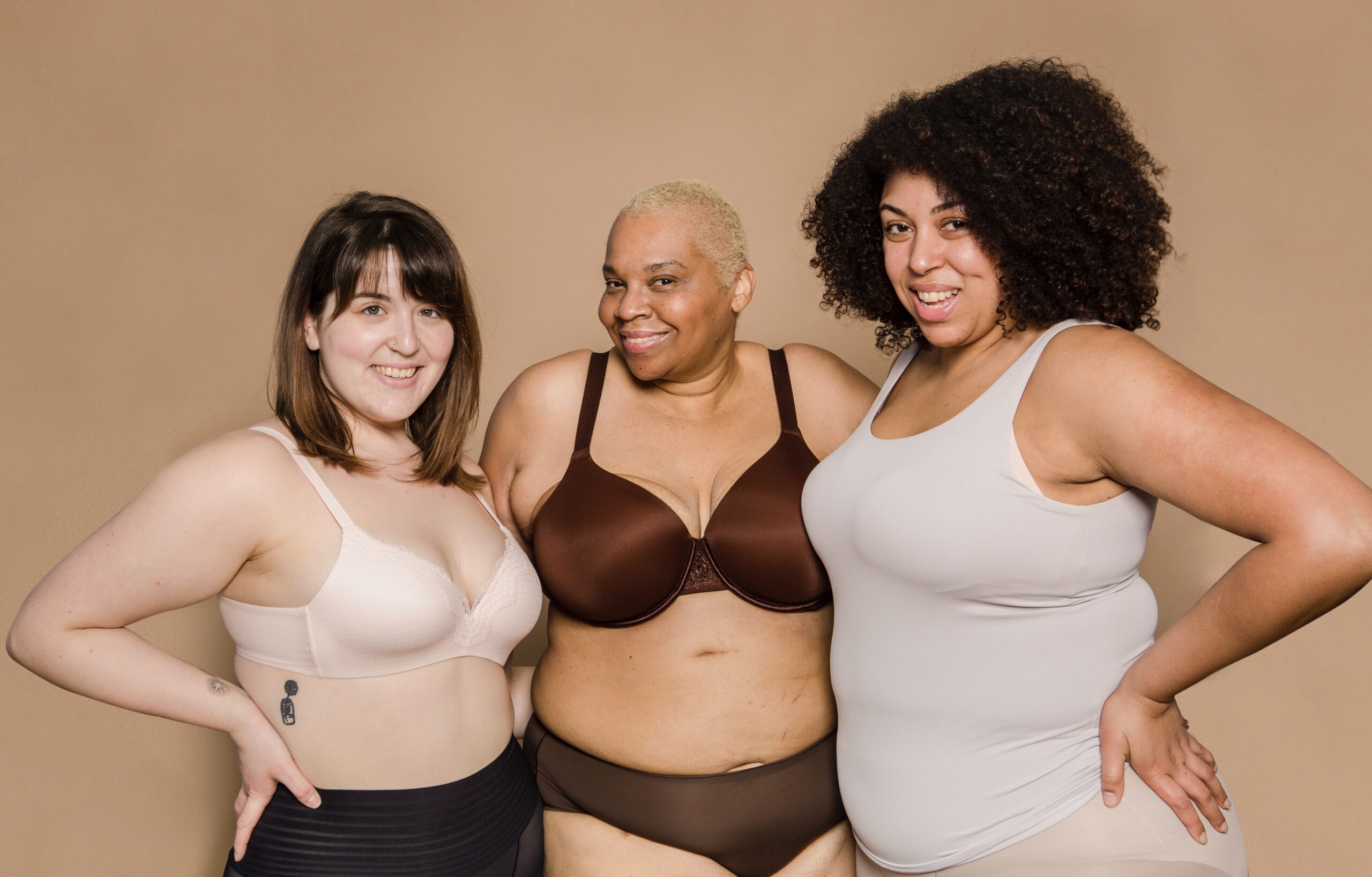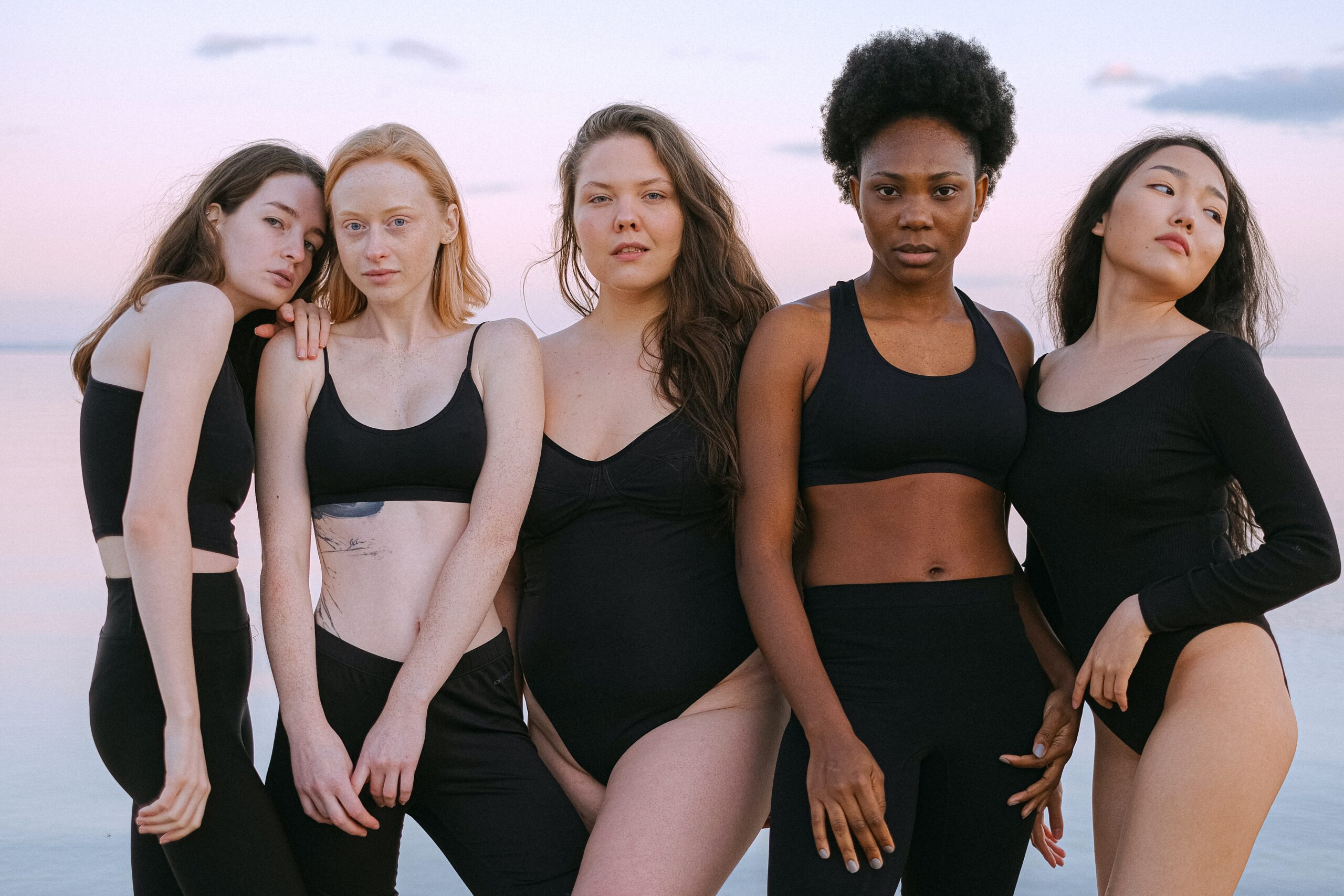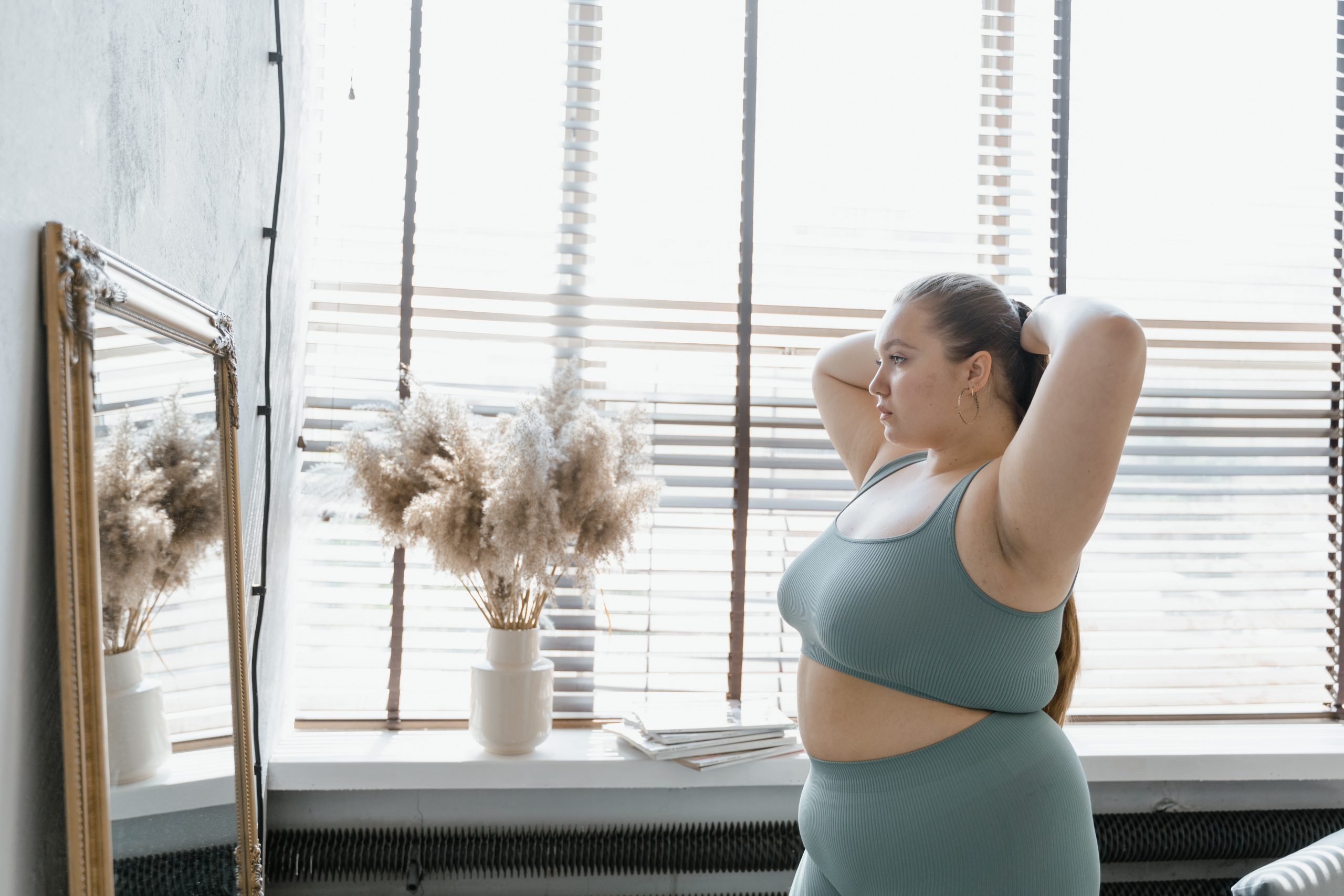
It is the largest retail pharmacy chain in the United States with close to 10,000 stores nationwide, and its retail drug store accounts for tens of billions of dollars in revenue alone. CVS, which has its headquarters in Rhode Island, is now taking the lead on another issue that could potentially have a ripple effect – they have announced they will no longer use photoshop in any of their advertising images for stores, websites, social media and any marketing materials.
Along with this new commitment, the chain will also require transparency for imagery that has been altered in some way. In a press release, CVS said it will add a special “CVS Beauty Mark” watermark on all images that have not been retouched as a form of accountability to its customers. They will begin introducing the watermark in 2018 with the goal to implement it across all stores and imagery by 2020.
The retail pharmacy has defined retouching as changing or enhancing a person’s shape, size, proportion, skin or eye color, wrinkles or any other individual characteristics that are normally digitally altered in mainstream advertising.
Helena Foulkes, President of CVS Pharmacy and Executive Vice President, CVS Health said explained the new decision in light of the fact that their biggest customer base is women.

“I realize we have a responsibility to think about the messages we send to the customers we reach each day. The connection between the propagation of unrealistic body images and negative health effects, especially in girls and young women, has been established. As a purpose-led company, we strive to do our best to assure all of the messages we are sending to our customers reflect our purpose of helping people on their path to better health,” she said in a statement.
For those familiar with CVS’ retail stores, you will know the many beauty brands available for purchase in the aisles, alongside their own signature brand of products. Helen says the pharmacy chain has seen a change among their beauty brand peers and how authenticity and empowering messages for women have become a new standard. So it’s no surprise that CVS wanted to become part of this conversation and not lose out on any potential customer share by choosing not to act.
“We’ve reached out to many of our beauty brand partners, many of whom are already thinking about this important issue, to work together to ensure that the beauty aisle is a place that represents and celebrates the authenticity and diversity of the communities we serve. We’ve been inspired by their willingness to partner with us to redefine industry standards around this important issue for the well-being of all of our customers,” she said.

CVS worked with a non-profit organization called Girls Inc. to help them understand the value in celebrating authentic and natural beauty in all its forms.
“As the national nonprofit dedicated to inspiring all girls to be strong, smart, and bold, Girls Inc. is honored to be a partner in CVS Pharmacy’s movement to counter limiting stereotypes too often faced by girls and women. Allowing diversity and natural beauty to shine will have an immensely positive impact on girls and women everywhere.” said Judy Vredenburgh, Girls Inc. President & CEO.
The idea of adding a watermark to enhanced images is something we have seen before, most notably in France where legislators have been cracking down on fashion industry standards in the hope to promote more realistic and healthy body image ideals. One of the proposals came from a former health minister who wanted to make it the law that retouched photos be labelled as such, allowing customers to know that what they are seeing is not 100% real.
Photo stock site Getty Images also recently unveiled a major overhaul of its female-oriented stock images saying they will no longer accept photos of models that have been excessively photoshopped to make them look thinner or too different from what they look like in real life. It is part of a much-needed and growing trend to see the advertising industry recognize the power it has in shaping body image and self-esteem in especially younger generations.

There are also more serious issues linked to excessive proliferation of photoshopped images in media and advertising. According to the National Eating Disorders Association (NEDA), there are numerous studies which show body dissatisfaction and disordered eating can stem from body image ideals shown in images we consume every day.
A Getty Images spokeswoman told NPR in 2017 said companies and brands taking accountability for their role is important and powerful.
“Our perceptions of what is possible are often shaped by what we see. Positive imagery can have direct impact on fighting stereotypes, creating tolerance, and empowering communities to feel represented in society,” said Anne Flanagan.
Kudos to CVS for taking a stand against unhealthy ideals, and here’s to this becoming the norm, not the exception, in the beauty and advertising industries.

















